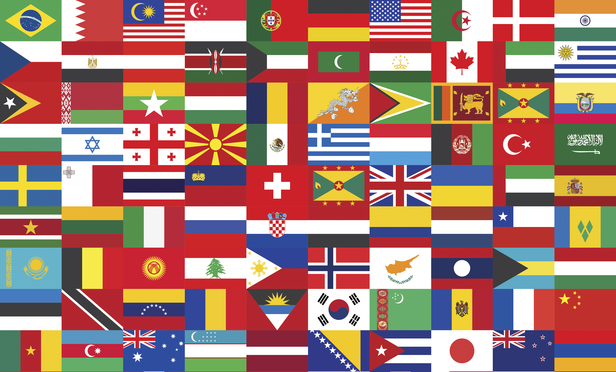On January 24, 2014, an important regulatory milestone was achieved, and passed almost unnoticed. The 100th signatory regulator joined the Multilateral Memorandum of Understanding (MMoU) sponsored by the International Organization of Securities Commissions (IOSCO). Many legal and compliance professionals have only a vague awareness of IOSCO, and little or none at all of the MMoU. That is a mistake. Global financial regulation is changing, with real implications for corporate law and compliance, and nothing shows it better than the progress of the MMoU.
Unlike domestic financial regulation, which has formal rules and regulatory bodies to enforce them, its global counterpart appears to be a sprawling mass of separate jurisdictions united only by declarations and consultative bodies. Even compared to other global activities, financial regulation is unusual for its lack of institutional structure and power. Global security and trade are policed by international organizations founded on ratified treaties that delegate formal power. When the United Nations makes a decision through a vote of the Security Council, coercive military power can be deployed in the world’s name. When the World Trade Organization makes a decision through its Dispute Settlement Body, retaliatory trade measures can be deployed with the world’s permission. Global regulation of finance has nothing even remotely similar.





